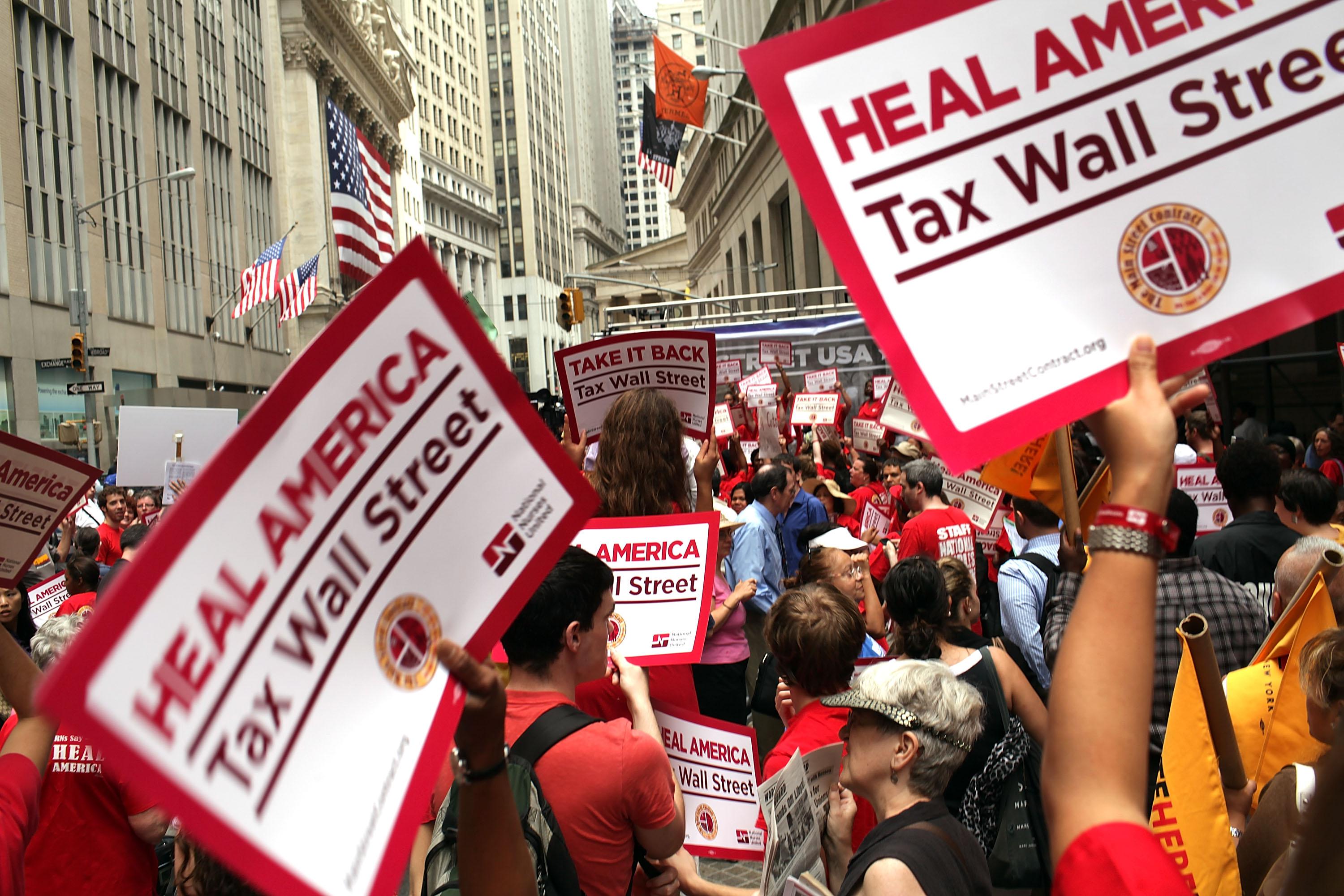Ezra Klein’s column asking whether it really makes sense for a President presiding over a prolonged spell of mass unemployment to proclaim income inequality (rather than, say, mass unemployment) the defining challenge of our time has set off a lot of interesting arguments around the web, along with a depressingly large quantity of egregious misreadings. People should note that just because something is bad (cruel treatment of non-human primates, for example) doesn’t necessarily make it a contributor to high unemployment or necessarily a more urgent social priority than high unemployment.
But the interesting discussion has been about how tightly linked the inequality question is to the mass unemployment question. I would make ten points on this:
- Before this spat, I had been under the impression that the question of interest was the link between inequality and long-term economic growth (why is the Netherlands richer than Chile?) rather than inequality and short-term economic fluctuations (why does the Netherlands have more unemployment than Chile?). These are very different kinds of questions as there are rich countries with high unemployment (France) and poor ones with low unemployment (China).
- Inequality clearly doesn’t cause recessions and high unemployment in the sense of making full employment impossible. This can be easily demonstrated by observing that in 2006 we had full employment and a high level of inequality.
- But this is just to say that virtually every policy regime imaginable is compatible with full employment. The only exceptions are scenarios in which the monetary authorities deliberately engineer high levels of unemployment in order to reduce the inflation rate or (equivalently) engineer real exchange rate appreciation.
- That said, it seems extremely likely that thanks to marginal propensity to consume issues high levels of inequality push the equilibrium interest rate down. That is to say that with a high level of inequality you need either a very large budget deficit or a very low interest rate in order to sustain the economy at full employment. Back in 2004 and 2005, of course, we had both in the United States.
- In practice this seems to form a barrier to achieving full employment when (as in 2009-2013) the required deficit is extraordinarily large or the required interest rates are strongly negative.
- People who purport to believe that “financial stability” or similar considerations ought to dissuade us from more extensive stimulus measures do seem to be committed after all to the view that inequality causes unemployment.
- Since asset ownership is more unequally distributed than income, attempting to generate full employment through the low interest rates —> asset prices —> investment channel is going to generate an upward spiral of inequality. Alternatively, you could have a net export boom (Germany) but we can’t all have a net export boom simultaneously.
- Even if you make very optimistic assumptions about available policy levers it would take quite a few years to substantially restructure the American economy into a much more egalitarian one. The unemployed no more have the time to wait for a left-wing structural reform program than a right-wing one—they need jobs really fast.
- It would be an enormous moral and practical error to simply look past short-term remedies for joblessness in favor of a focus on the long-term egalitarian agenda, and that’s true despite the links between distributional issues and business cycle ones.
- Policymakers need to walk and chew gum at the same time. Our times, like all times, feature a variety of challenges that are linked but also separable. Things like climate change and severe global poverty are even more important than the U.S. business cycle and the U.S. median income, but not entirely separate from it either.
That’s what I’ve got to say. This chart is something to think about over the weekend.
